


Mr Opoku A. Danquah, Chief Executive of Ghana National Petroleum Corporation (GNPC), says Africa should not be pressured into transitioning at the pace of the West but should leverage its fossil fuels towards a more practical transition.
He said the continent’s energy needs should determine the way it secures and uses capital.
Mr Danquah made the call during a presentation at the African Energy Week (AEW) in Cape Town, South Africa.
AEW is the African Energy Chamber’s annual event, uniting African energy leaders, global investors and executives from across the public and private sectors for four days of intense dialogue on the future of the African energy industry.
An interactive conference, exhibition and networking event, AEW was established in 2021 under the premise to make energy poverty history by 2030, hosting panel discussions, investor forums, industry summits and one-on-one meeting opportunities, and driving the discussions that will reshape the trajectory of the continent’s energy development.
Mr Danquah said, beyond the energy transition, access to funding for fossil fuel projects in such a volatile industry would only become more difficult.
He said the energy transition had a broad overwhelming consensus due to the global nature of its main drivers namely the ramifications of climate change, technological advancements in providing cheaper and cleaner energy and geopolitical response to public opinion.
The CEO said according to Climate Watch, 76 per cent of global CO2 emissions come from the energy sector and in this regard, there was a clear global drive to move away from fossil fuel production to achieve Net Zero emissions by 2050.
The International Energy Agency’s (IEA) current Net Zero Emissions scenario forecasts that the global energy mix will comprise 58.98 per cent and 41.02 per cent fossil fuels by 2050.
He said this represented an astronomical movement from their 2020 numbers recorded under the same scenario and at the same time energy investment trends were tracking these perspectives.
Mr Danquah said the IEA’s 2022 World Energy Investment Report highlighted a 42 per cent fall in global upstream oil and gas investment from around US$680 billion in 2015 to $395 billion in 2021.
Similarly, global investment in renewable power has seen a 67 per cent rise from $310 billion to $520 billion in the same period.
Africa is expected to play its part in decarbonizing its energy industry in the face of a potential decline in fossil fuel demand, price, and investment over the medium to long term.
“This pressure to move at the global pace of transition is very real,” he said.
Between 2016 and 2021, $132 billion was invested in African fossil fuel projects and 87 per cent of this came from the Global North (North America, Europe, and Australia) and Asia.
Additionally, non-African companies are projected to control 67 per cent of African production between 2020 and 2050, if our policies do not change.
The CEO said every dollar of public financing going to fossil fuels had an outsized impact, attracting more private-sector finance and African governments needed to invest their fair share.
He said regional fossil fuel collaborative developments and trade, especially natural gas projects, could catalyze and grow financing by reducing risk and increasing project attractiveness.
Mr Danquah said the financial sector participation among African Oil and Gas companies should be encouraged and incentivized to enable access to new capital through equity financing and debt instruments.
He said Africa must seek greater control of its assets and encourage more financing from within the continent, and less from without to support oil and gas projects.
The CEO said in sharing the burden of reduced emphasis on fossil fuels, it must be noted that, the whole of Africa contributes just about 3.8.per cent of global carbon dioxide (CO2) emissions.
These small contributions underscore how little impact this region has on climate change compared to 32 per cent of global emissions produced by China in 2020 and 13 per cent produced by the United States in the same year.
He said Africa would need to improve the cost competitiveness of its projects to offer attractive risk-reward profiles to prospective financiers and governments could use fiscal regimes as a key lever to reduce high initial cost outlays.
He said incentives such as tax exemptions on oil and gas services and imports for new projects could lower front-end costs.
Source: GNA
The post Africa should leverage fossil fuels towards a more practical transition – GNPC Boss appeared first on Ghana Business News.
Read Full Story




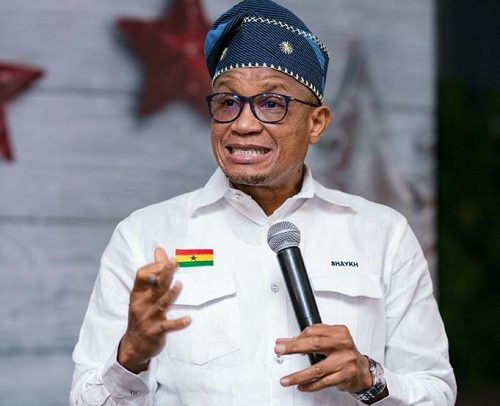


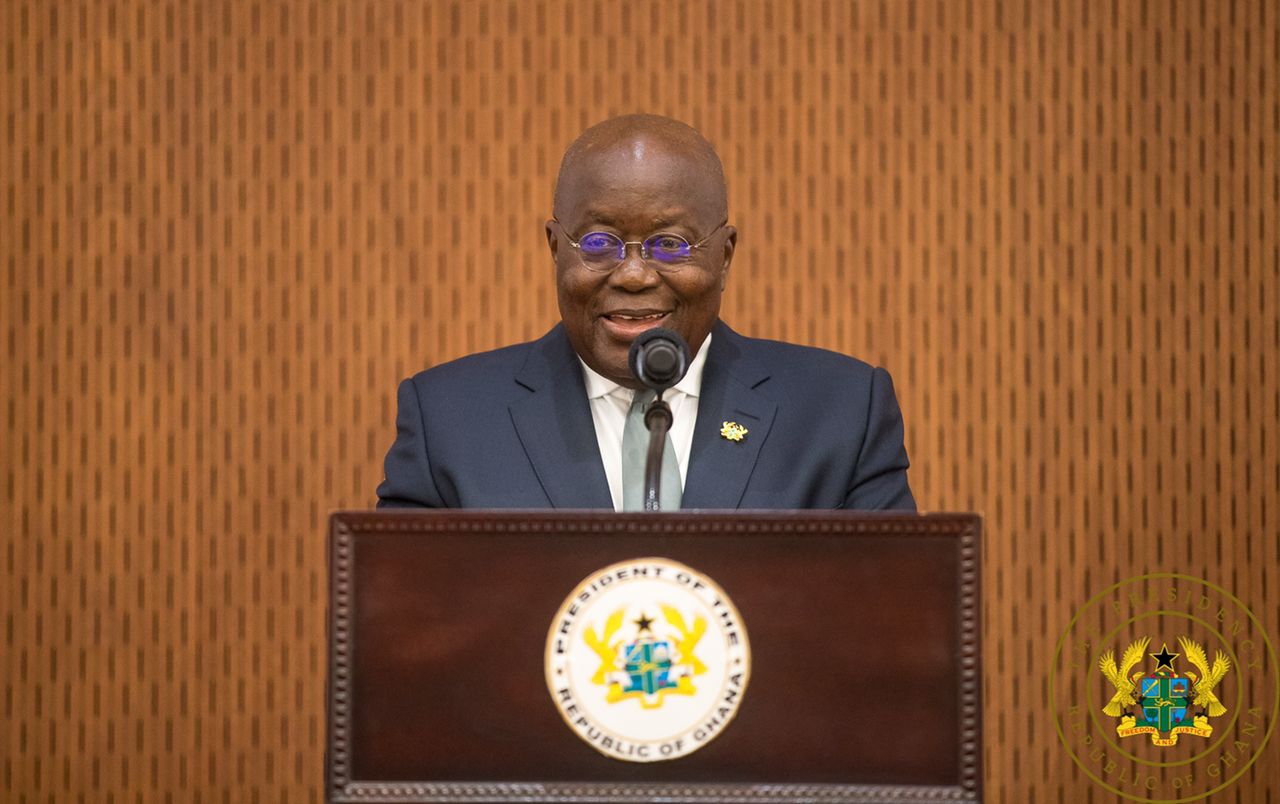





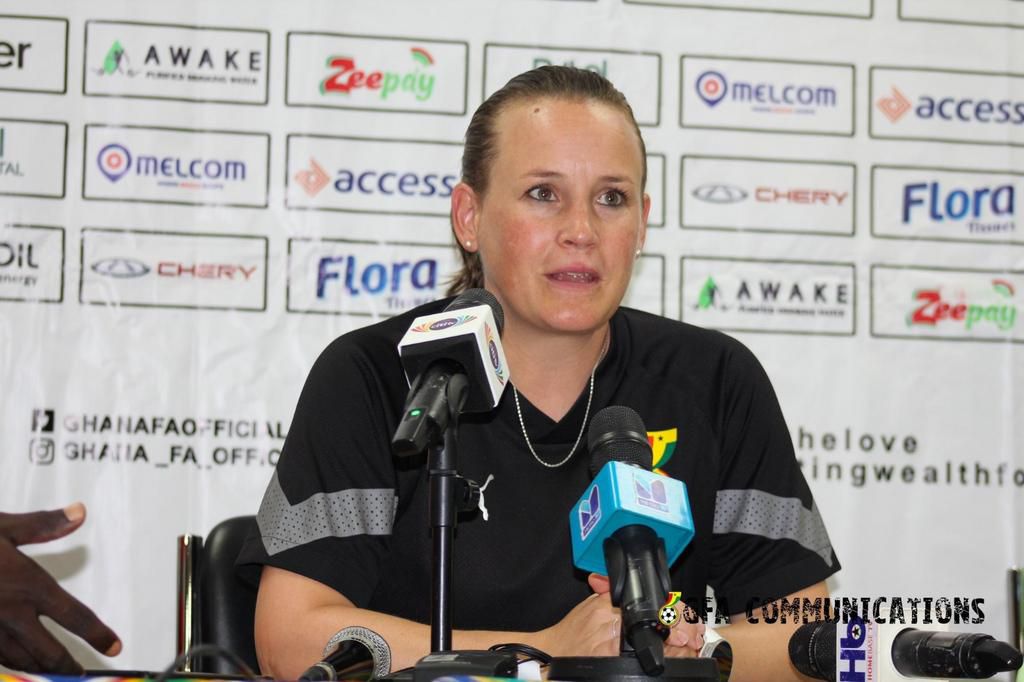





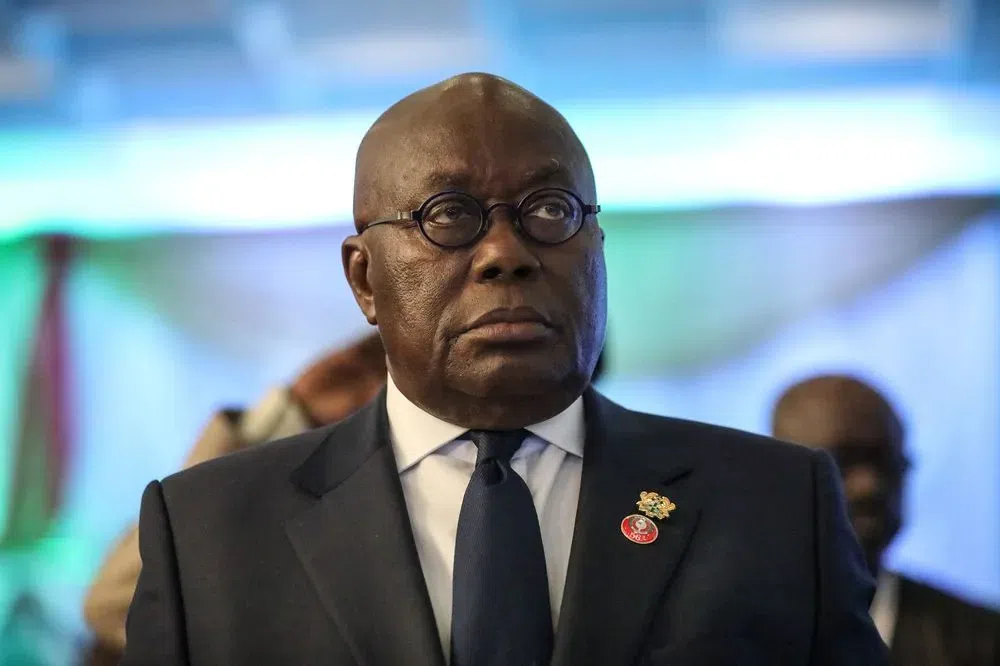

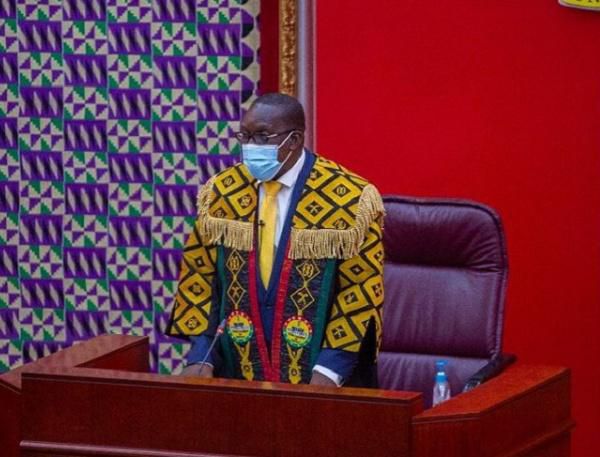
Facebook
Twitter
Pinterest
Instagram
Google+
YouTube
LinkedIn
RSS